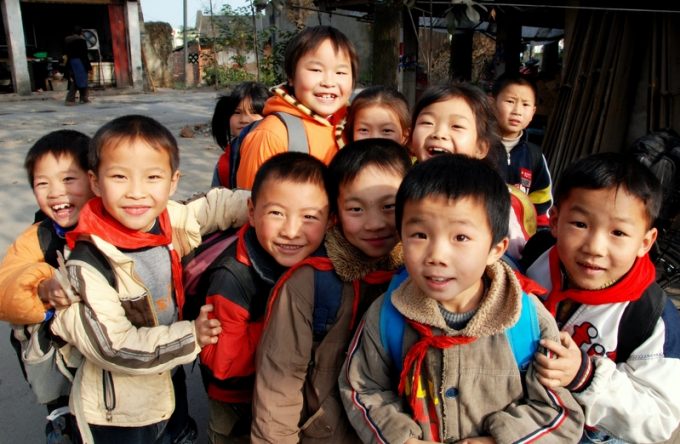Not the start of the decline of globalisation – just of China's dominance
Determined to have his FDR moment, Joe Biden’s latest policy seems likely to have put ...

Just as European struggles once shaped the world, now it is the turn of Asia – more specifically, China, according to this fascinating interview with FT foreign affairs analyst Gideon Rachman. The swing away from the west is being defined as a process of “easternisation” and with President Trump seemingly intent on turning the US inwards, long-term American allies are reassessing their standing. Australia has already undergone a shift, with China becoming a more important trading partner than the US. China’s prime minister recently told Canberra: “We don’t want to see you Australians taking sides in the US-China dispute.” Other countries find themselves on similar unsteady ground, which is likely to be exacerbated by Trump withdrawing from the Trans-Pacific Partnership and allowing the Asian powerhouse to realign trade’s central orbit.
Etail by air – here to stay or on a short shelf life?
HMM sees opportunities in Hapag-Lloyd’s exit from THE Alliance
The rise and rise of China's ecommerce platforms
Increasing scrutiny could stall rise of ecommerce platforms, as TikTok faces US ban
Legal battle heats up over 'unseaworthy' and 'reckless' MV Dali
DSV chief reticent on Schenker: the focus on growing market share
Another strong month for US ports as container flows continue to rise
MSC redeploys 'Israel-linked' box ships away from Persian Gulf
Alex Lennane
email: [email protected]
mobile: +44 7879 334 389
During August 2023, please contact
Alex Whiteman
email: [email protected]
Alessandro Pasetti
email: [email protected]
mobile: +44 7402 255 512

Comment on this article